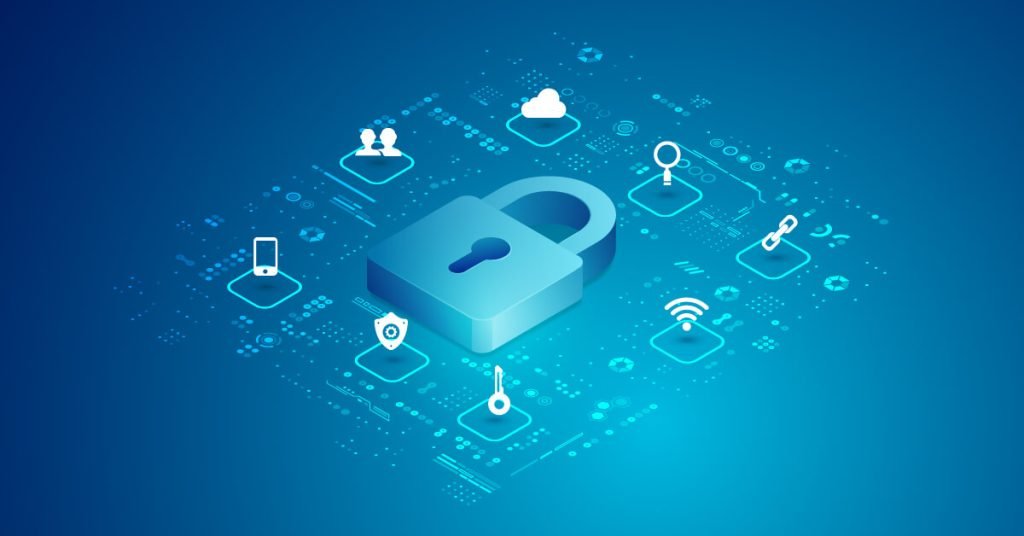In its vastness, the internet is both a gold mine of knowledge and a conflict zone for privacy issues. Your data may be at danger each time you use an online resource. The hazards to your digital footprint are quite serious, whether they come from hackers, governmental organisations, or even advertisers wanting to follow your online activities.
Both VPNs and proxies have become popular options for those who wish to protect their online identity. Both of them serve as intermediaries between your computer and the internet, hiding your real IP address. Which shield, though, is best for you? Let’s examine the traits, advantages, and drawbacks of both to aid in your decision.
What are VPNs and Proxies?
VPN (Virtual Private Network): A VPN creates a secure tunnel between your device and the internet. Your data is encrypted, ensuring it remains confidential and safe from prying eyes. When connected to a VPN, your online activities seem to originate from the server’s IP address rather than your own.
Proxy Server: A proxy acts as a gateway between your device and the internet. While it changes your apparent IP address, it doesn’t necessarily encrypt your data. Think of a proxy like a web filter – it takes your request, forwards it to the web, and then sends the response back to you.
Security and Privacy
VPN: A reputable and affordable VPN ensures strong encryption protocols. This means not only is your IP address hidden, but your data is also scrambled, making it near impossible for snoopers to decipher it. VPNs are suitable for activities that demand high privacy, such as online banking or confidential business tasks.
Proxy: Proxies, on the other hand, don’t always offer encryption. While they do change your IP address, the data you send and receive can still be intercepted in its original form, making it readable to hackers or anyone with the right tools.
Speed and Performance
VPN: Because VPNs encrypt your data, there can be a slight reduction in speed, especially if the server is far from your actual location. However, modern VPN services have optimised their networks to minimise this lag, ensuring a smooth browsing experience.
Proxy: Proxies might offer faster speeds than VPNs because they lack the encryption overhead. They are often chosen for activities like streaming or bypassing geo-restrictions on content, where speed might be more critical than high-level encryption.
Versatility and Functionality
VPN: VPNs typically offer software or apps for various platforms – Windows, macOS, iOS, Android, and more. Once you activate your VPN, all your device’s online activities, including browsing, apps, and services, go through the VPN’s secure tunnel.
Proxy: Proxies are more specific in their operation. You might set up a proxy for a particular application, like your web browser. This means only the browser’s activity will route through the proxy, leaving other apps exposed.
Cost and Availability
VPN: VPNs can range from free to premium subscription models. However, it’s essential to be cautious with free VPNs. They might log your activities or offer weaker encryption. An affordable VPN is often the best balance between cost and robust security.
Proxy: There are free and paid proxies. Free ones might be slower due to high traffic or inject ads into your browsing. Paid versions can offer better speed and reliability.
When to Choose Which?
For Maximum Security and Privacy: Choose a VPN. Especially if you’re handling sensitive information, the encrypted tunnel of a VPN is crucial.
For Quick Geo-spoofing or Content Access: A proxy can suffice. If you’re looking to quickly bypass a regional content restriction, a proxy might be all you need.
For Complete Device Protection: Opt for a VPN. If you want every app and service on your device to benefit from the shield, a VPN is the way to go.
For Specific App or Service Use: A proxy could work. If you need protection or an IP change for just one application, setting up a proxy for that specific app is efficient.
Conclusion
It is crucial to protect our online presence in an era where privacy issues and data breaches frequently make news. Both VPNs and proxies provide security measures for users, but in various forms and capabilities. A complex comprehension of what each brings to the table is necessary in order to choose between the two.
For customers who emphasise security, especially while doing operations involving sensitive data, VPNs are a must since they offer a complete protection. They provide a comprehensive protective layer since they may cover all internet usage on a device, including surfing and utilising different applications. Although this vast range can occasionally be at the expense of speed or performance, many VPN services are working assiduously to lower any delay as technology advances.
On the other hand, proxies provide a lighter and frequently quicker option for customers with special needs. Proxies may be fast remedies, whether one has to get around a regional content restriction or access a service that isn’t offered in their own country. However, for anyone who needs data protection beyond IP masking, its absence of encryption is a severe drawback.

